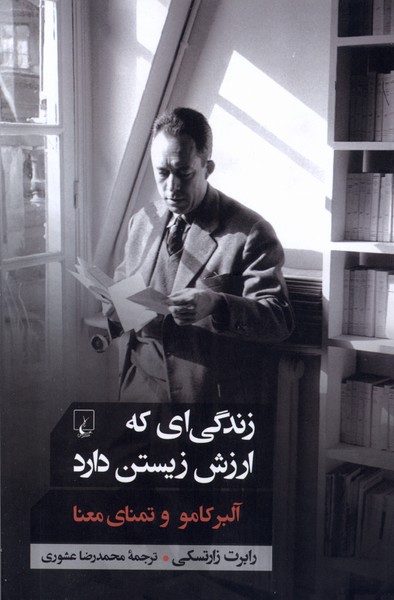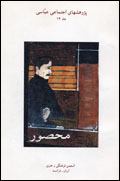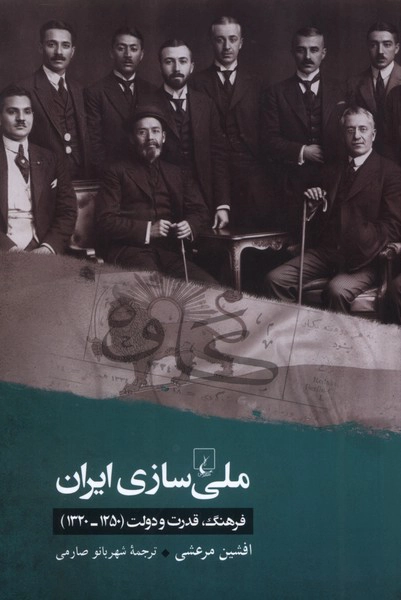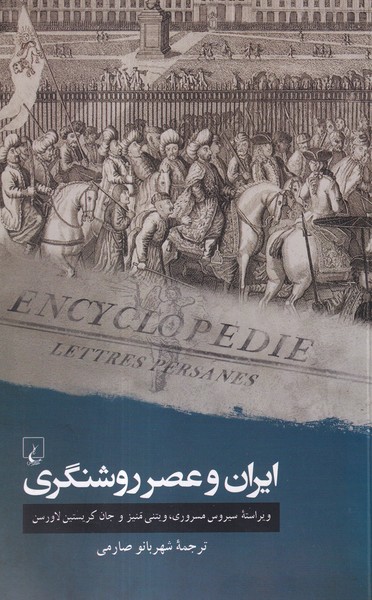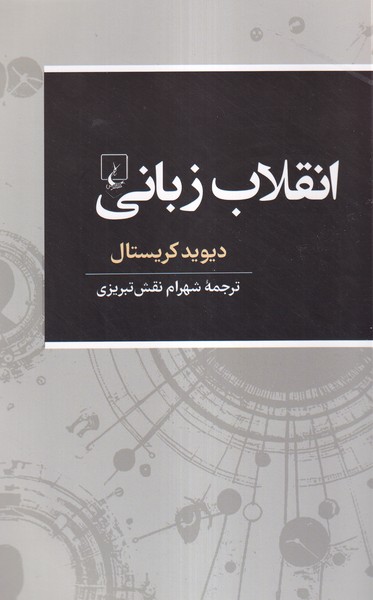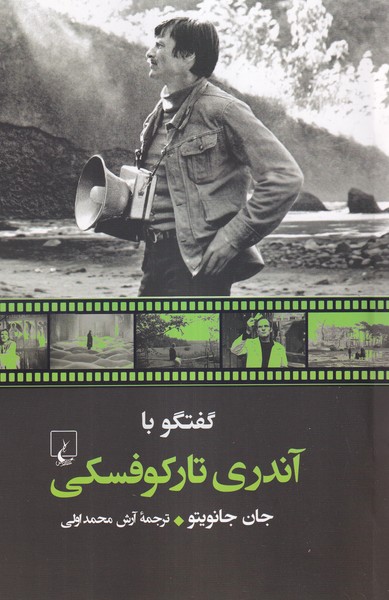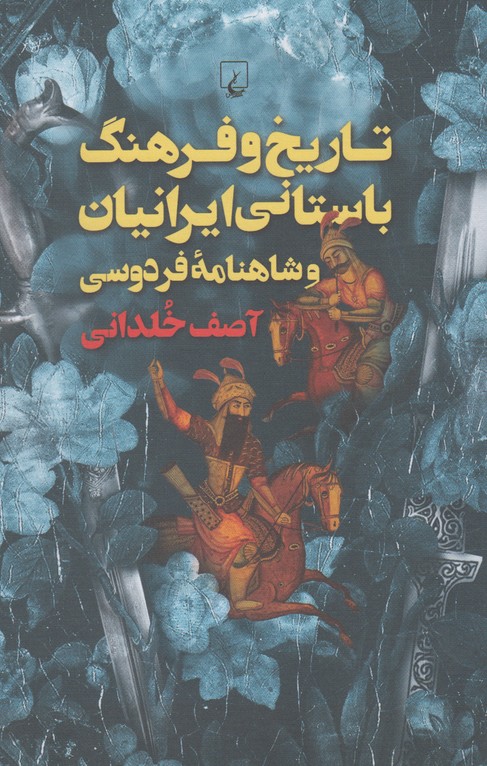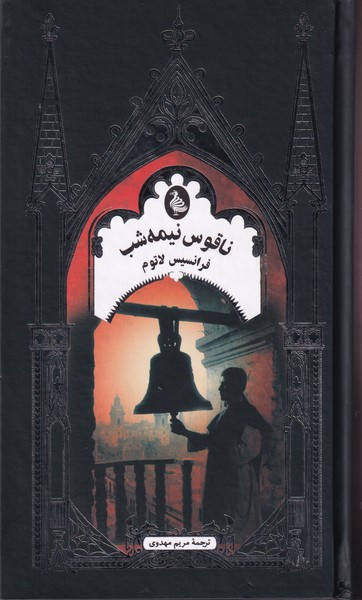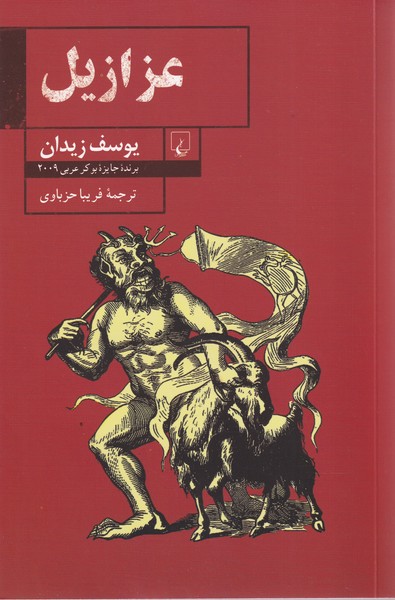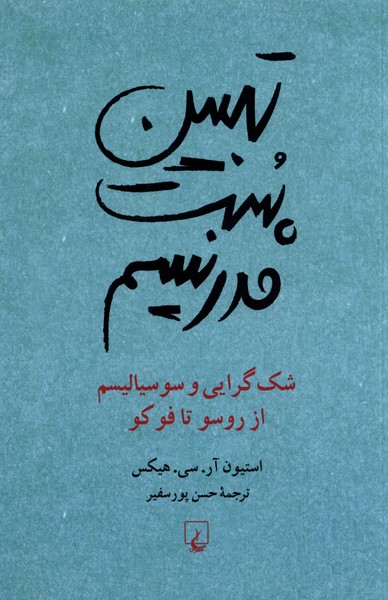زندگیای که ارزش زیستن دارد الفارسية 1445
Zindigi;yi kah Arzish-i Zistan Darad
21٫42 $
مشاركة
Wishlist
العنوان الأصلي:
A Life Worth Living: Albert Camus and the Quest for Meaning
ISBN رقم:
9786220405221
المترجم:
Muḥammad Riz̤ā 'Ashūrī
الناشر:
Quqnus
الفئة العمرية:
البالغون
الصفحات:
216
الوزن:
184 g
أبعاد المنتج:
14 x 21 x 2 cm
غلاف الكتاب:
غلاف ورقی
In his Nobel Prize acceptance speech, Albert Camus declared that a writer's duty is twofold: "the refusal to lie about what one knows and the resistance against oppression." These twin obsessions help explain something of Camus' remarkable character, which is the overarching subject of this sympathetic and lively book. Through an exploration of themes that preoccupied Camus--absurdity, silence, revolt, fidelity, and moderation--Robert Zaretsky portrays a moralist who refused to be fooled by the nobler names we assign to our actions, and who pushed himself, and those about him, to challenge the status quo.
Though we do not face the same dangers that threatened Europe when Camus wrote The Myth of Sisyphus and The Stranger, we confront other alarms. Herein lies Camus' abiding significance. Reading his work, we become more thoughtful observers of our own lives. For Camus, rebellion is an eternal human condition, a timeless struggle against injustice that makes life worth living. But rebellion is also bounded by self-imposed constraints--it is a noble if impossible ideal. Such a contradiction suggests that if there is no reason for hope, there is also no occasion for despair--a sentiment perhaps better suited for the ancient tragedians than modern political theorists but one whose wisdom abides. Yet we must not venerate suffering, Camus cautions: the world's beauty demands our attention no less than life's train of injustices. That recognition permits him to declare: "It was the middle of winter, I finally realized that, within me, summer was inextinguishable."
more
کامو دربارۀ نویسنده و حرفهاش میگوید: نویسنده "نمیتواند در خدمت کسانی باشد که تاریخ را برمیسازند؛ بلکه باید در خدمت کسانی باشد که تاریخ را تحمل میکنند... سکوت یک زندانی ناشناس، رهاشده و تحقیرشده در گوشهای از دنیا، کافی است تا نویسنده را از آوارگیاش نجات دهد، زمانی که نویسنده در میانۀ زندگی آزاد و ممتاز خود از فراموش کردن این سکوت امتناع بورزد و آن را با توسل به هنرش فریاد بزند".
کامو به این جمعبندی رسید که شرافتِ حرفۀ نویسندگی "همیشه ریشه در دو تعهد دشوار خواهد داشت: امتناع از دروغگویی دربارۀ آنچه میدانیم و ایستادگی در برابر بیداد."
كتاب زندگیای كه ارزش زیستن دارد به دو موضوع كمتر دیده شده در آثار كامو میپردازد: «سكوت» و «پایبندی». سکوتی که بر اثر حضور ساکت و خاموش مادر در آثار کامو بازتاب یافته، و تنها آرزوی کامو این بود که کاش مادرش میتوانست هر آنچه نوشته بخواند. فصل «پایبندی» اما به تأثیر پدر در زندگی کامو اشاره دارد، پدری که او فرصت نکرد هیچوقت بشناسدش اما در تمام عمر به تنها آموزۀ او پایبند ماند: پایبندی به انسان و ذات انسانی.
more

